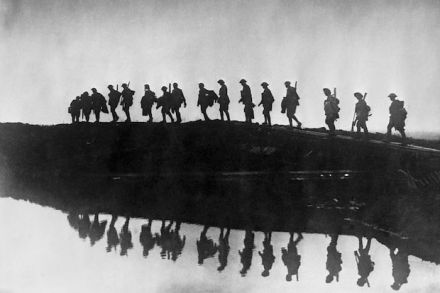The pursuit of happiness | 16 June 2016
There is a wonderful portrait of Kenelm Digby by Van Dyke. He is dressed in black. His hand is on his heart. Behind him is a vast, wilting sunflower. The sunflower is a symbol of constancy — it follows the sun. When his wife Venetia died in 1633, when Kenelm was 29, he went into a profound mourning that lasted for the rest of his life — another 30 years. The sun had gone out of his life. From the moment he discovered her dead body, seemingly asleep in her bed, his behaviour was, to say the least, a little odd. He took plaster casts of her hands, feet and




















